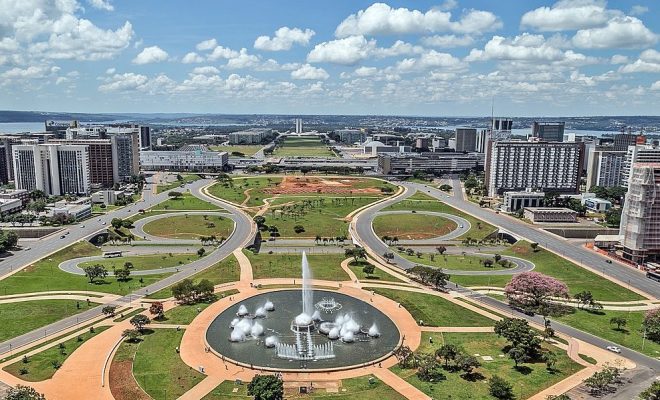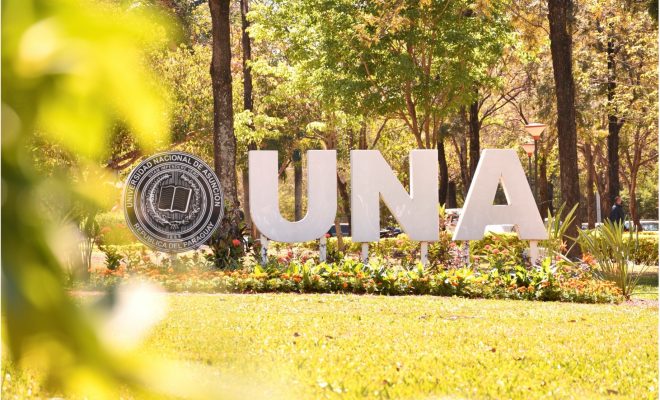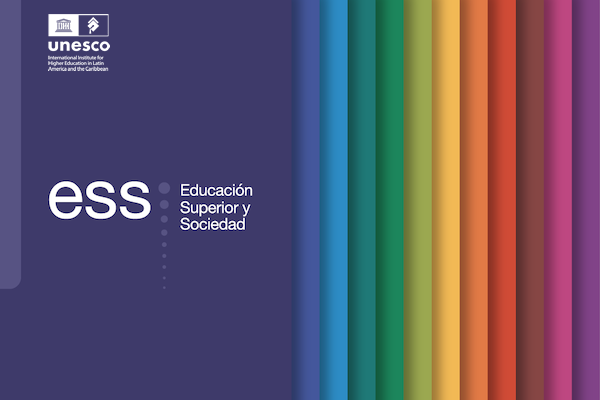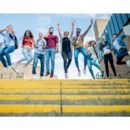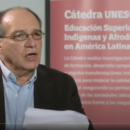UNESCO IESALC launches Inclusion 360° programme

Higher education institutions in Latin America and the Caribbean are at a crucial moment of transformation towards full inclusion. In response to the calls of the Convention on the Rights of Persons with Disabilities and the 2030 Agenda, among others, many of these institutions have adopted inclusive language and implemented programmes and services to expand university access to historically marginalised groups. However, these actions, while necessary, are insufficient to ensure true inclusion in higher education.
Progress towards inclusion requires a profound transformation that encompasses all institutional dimensions, from organisational culture to resource allocation and external collaborative relationships. It is essential that these institutions are committed to ensuring the full development of all their members and to contributing sustainably to the progress of their communities.
In this context, UNESCO IESALC announces the launch of the Inclusion 360º programme: Redifining Higher Education, designed to address these challenges in a comprehensive manner, which will be led by guest researcher Carmen Márquez Vázquez, who holds a European PhD in Applied Social Sciences, is a professor at the Faculty of Teacher Training and Education of the Autonomous University of Madrid and coordinator of the Centre for Documentation and Research on Disability. For more than a decade, her main line of research has focused on the processes of inclusion and exclusion in Higher Education, analysing from the conceptions of its members to the results of policies that particularly affect under-represented groups. She has led and participated in national and international projects on these issues and, as a result, she has published multiple papers warning about the weak commitment of our higher education systems to inclusion.
This important programme will be implemented in two phases and its main objective is to catalyse the transformation of Higher Education institutions in the region, promoting an inclusive culture and concrete actions to ensure equitable access and academic success for all students.
- Phase 1. Study on inclusive policies in higher education. Transforming reality requires accurate knowledge of it. In this direction, we want to broaden our knowledge about the different inclusive actions that are being developed in Higher Education institutions in the region. What kind of policies are being carried out, who are they aimed at, what are their results or which ones deserve to be highlighted are some of the questions we will try to answer through this research. Take part in the survey! here.
- Phase 2. Leaders for Inclusion Training Programme. Continuing to increase the commitment to inclusion in the region requires each higher education institution to assess the obstacles that are preventing it from advancing in this direction and, based on them, to design and implement its own Inclusion Plan. In order to support our institutions in this task, we have designed a training programme, developed by international experts, which aims to train institutional representatives as leaders for inclusion.
RELATED ITEMS
